- Make It Yourself Lavender Heart-Shaped Bath Bombs!
- 20 Things You Never Knew About “Down There”
- 12 Best Foods For Those Suffering From Arthritis Pain
- 12 Personal Hygiene Mistakes Almost Everyone Makes (Mom Never Told You About #4!)
- 15 Medicinal Plants And Herbs From The Cherokee People
- 12 Mind-Blowing Benefits Of Drinking Coconut Water During Pregnancy
- 12 Outstanding Winter Foods That Won’t Fatten You Up Like A Christmas Turkey
10 Foods That Beat a Multivitamin (Gotta Love # 6!)

Photo credit: bigstock.com
Do you take a multivitamin? Many people do, especially women. The Archives of Internal Medicine recently published a startling study that found that older women who consumed a multivitamin supplement had an increased risk of developing cancer or heart disease.
If you are taking a multivitamin, you might be asking yourself if you should stop. That all depends on how much you eat and what you eat. If you consume a healthy diet with the recommended amount of fruits and vegetables each day, you shouldn’t need one.
However, most Americans don’t consume anywhere near enough fruits and vegetables. Studies show that at least 50 percent of all Americans do not even eat one serving of fruit most days. For people like this, a multivitamin would be of great benefit.
If your doctor has recommended that you consume certain vitamins due to a health problem or aging, such as a calcium, magnesium, or iron supplement, by all means, continue to take them.
However, for most people, multivitamins are simply eliminated from the body, which is money literally down the toilet. Some vitamins, such as vitamin A, are fat soluble, which means the body will store extra in your fat. In this case, consuming a multivitamin that contains A can actually be dangerous as it can lead to an overdose.
Many other vitamins, however, are water soluble, which means that your body will use what it can and then remove the rest via urine. Vitamin C is an example of a water soluble vitamin. Unfortunately, people believe that taking these mega-dose vitamins with 1500 mgs of vitamin C will prevent them from getting a cold. Your body cannot use 1500 mgs of vitamin C at one time. It will use what it needs and you simply pass the rest. It would be better to consume 500 mgs three times each day.
Take a look at the top 10 healthy foods that actually contain higher amounts of certain nutrients than any multivitamin. Eating more of these means you will get all the nutrition you need without resorting to the dangers (and waste of money) of taking multivitamins.
Continue to Page 2
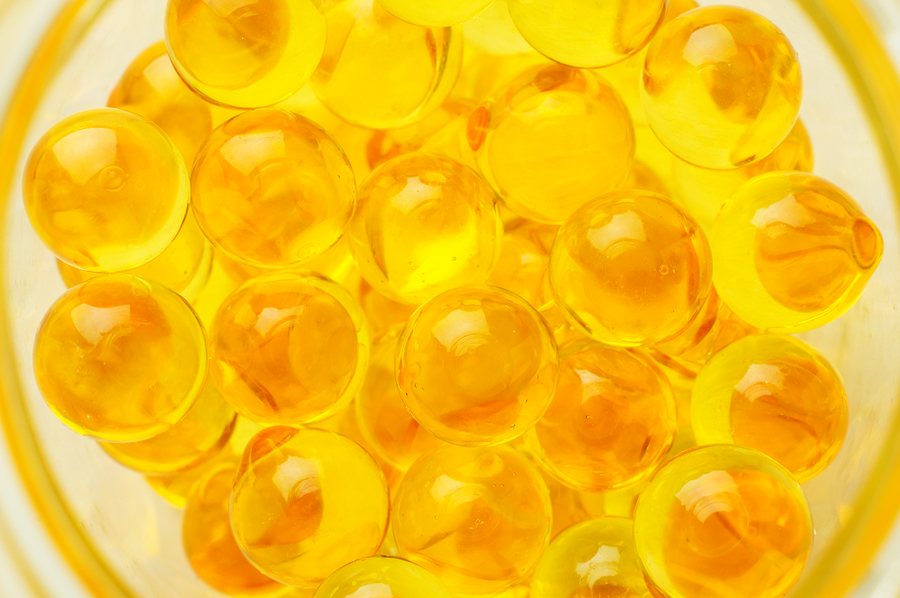
Photo credit: bigstock.com
1. Cod Liver Oil
If your mother gave this to you as a kid, you probably do not have good memories of cod liver oil. But there is no denying that vitamin D deficiency is a huge problem in most parts of the world. This is because most people now use huge amounts of sunscreen, limiting their exposure to the sun, which is our best (not to mention free) source of vitamin D. Also, dietary sources of vitamin D are scarce. The few foods that contain vitamin D are fatty fish, egg yolks, and fish liver oil. Mushrooms have some, but only trace amounts. Vitamin D is essential to the body. Without vitamin D, our bodies cannot use the calcium we consume to build strong bones. Vitamin D is also crucial for many of the processes that the body runs every single day. Numerous studies show that people who have the lowest levels of vitamin D in their blood have the highest risk of developing cancer.
Cod liver oil is a great way to fight vitamin D deficiency, especially for those who cannot spend time in the sun, or for those who live in areas where there is little or no sunlight during the winter months. You only need about 14 grams (1 tablespoon) of cod liver oil to give you 1400 IU of vitamin D, along with 3 grams of healthy omega-3 fatty acids. You don’t need to use the liquid form if you find the taste not to your liking. Consume cod liver oil supplements.
Cod liver oil does contain vitamin A, so you should not consume more than 2 tablespoons (about 30 grams) per day to prevent overdosing on vitamin A.
Continue to Page 3
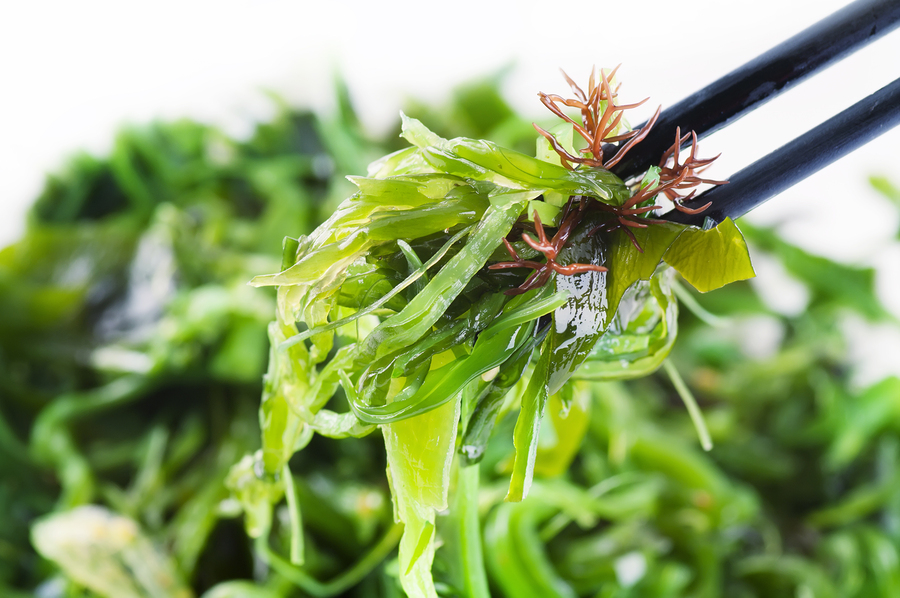
Photo credit: bigstock.com
2. Seaweed
Seaweed is commonly consumed in many parts of the world, but not so much in the U.S. However, when you consider that iodine deficiency is one of the most common nutrient deficiencies on the planet, the need to consume seaweed is clear. A lack of iodine in the body causes serious thyroid problems for adults. For pregnant women, a lack of iodine can lead to developmental abnormalities as well as mental retardation in an unborn child. Many types of seaweed, including nori, kelp, wakame, and kombu, are all rich sources of iodine. Some types of seaweed, such as kelp, are so high in iodine that it is not recommended that you eat it daily. Limit yourself to one or two servings each week to get all the iodine your body needs.
Continue to Page 4
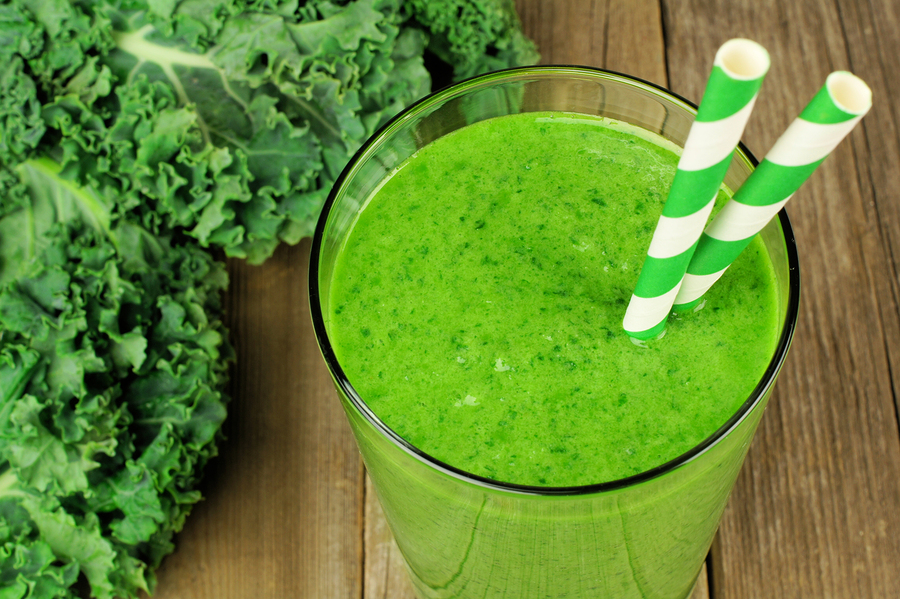
Photo credit: bigstock.com
3. Kale
One of the healthiest, most nutrient dense foods on the planet, kale is especially high in vitamin K. This vitamin is essential for the proper clotting of blood and plays a part in the formation of bone.
Just one cup of fresh kale has 900 percent of your daily recommended intake of vitamin K, along with many other nutrients.
Kale is also high in fiber, vitamin B6, iron, potassium, manganese, vitamin C, and copper. All of that in one cup of fresh kale. Add more kale to your salads and sandwiches, or try kale chips, to get tons of vitamins and minerals in one serving.
Continue to Page 5
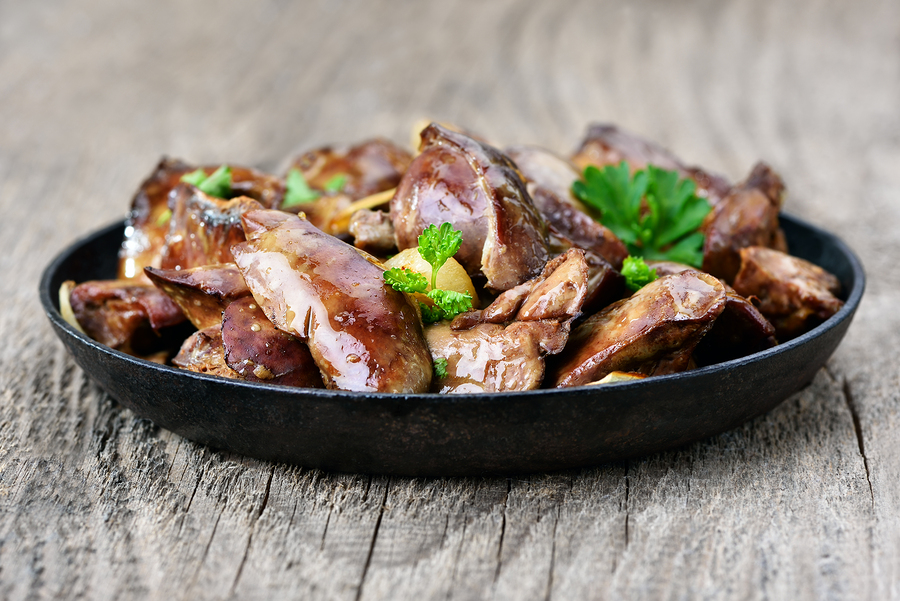
Photo credit: bigstock.com
4. Liver
The most nutritious part of any animal is the liver. Liver is super rich in many essential nutrients such as vitamin A, iron, folate, copper, and vitamin B12. B12, in particular, is important as the body does not make this vitamin and stores only trace amounts. It’s found mostly in meat and dairy products. This means that many vegetarians and vegans can become dangerously low in B12 very quickly. A 3.5-ounce serving of beef liver (about 100 grams) has more than 1,200 percent of your recommended daily intake of B12, along with 700 percent of your requirement for vitamin A. Because liver is high in vitamin A, it is recommended that you eat no more than 2 servings each week.
Continue to Page 6
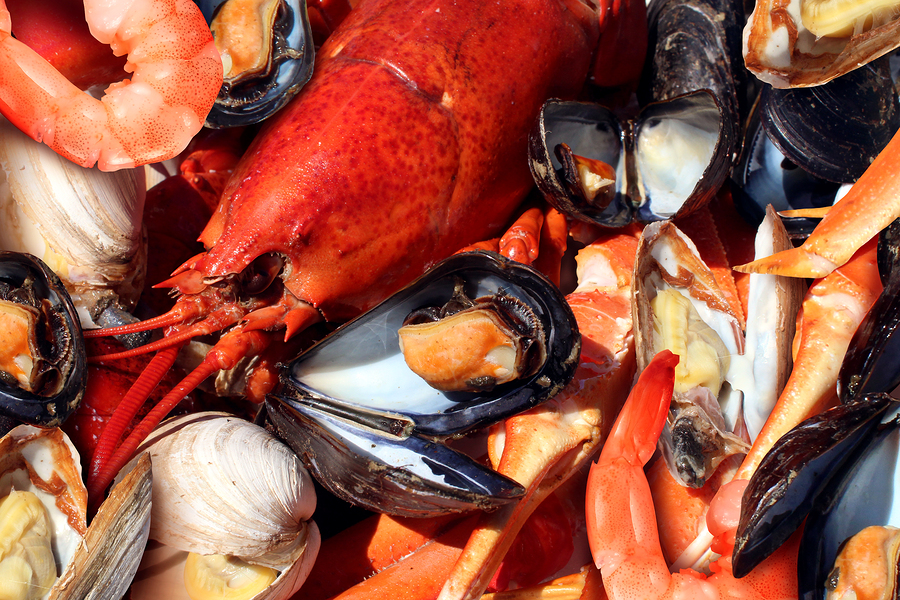
Photo credit: bigstock.com
5. Shellfish
More than likely, no one has to talk you into eating more shellfish! Shellfish include foods like clams and oysters, which are some of the most nutritious foods in the world. Clams are another terrific source of vitamin B12. A 3.5 ounce serving (about 100 grams) has more than 1,600 percent of your recommended daily intake of this important vitamin. That is even more than beef liver! Oysters are packed with zinc and B12 as well.
For persons over the age of 50, the requirement of B12 is higher than for younger persons, so you might want to make shellfish one of your new best friends! Clam chowder sounds terrific for dinner tonight, wouldn’t you say?
Continue to Page 7

Photo credit: bigstock.com
6. Brazil Nuts
Selenium is essential for several bodily processes, such as immune system performance and proper thyroid function. If you are lacking in selenium, and many people are, then Brazil nuts are for you. Most people need about 50 to 70 micrograms of selenium each day. Just one large Brazil nut can give you 95 micrograms of selenium! This is another important nutrient that does have an upper limit. Health experts do not recommend consuming more than 400 micrograms of selenium each day, so limit yourself to just one or two Brazil nuts. This makes Brazil nuts one of the easiest things you can eat to get a vital nutrient without making an impact on your waistline. It removes any need to consume a multivitamin just to get selenium. Keep a few Brazil nuts in your purse, office drawer, or jacket pocket for a quick snack and super nutrition anytime.
Continue to Page 8
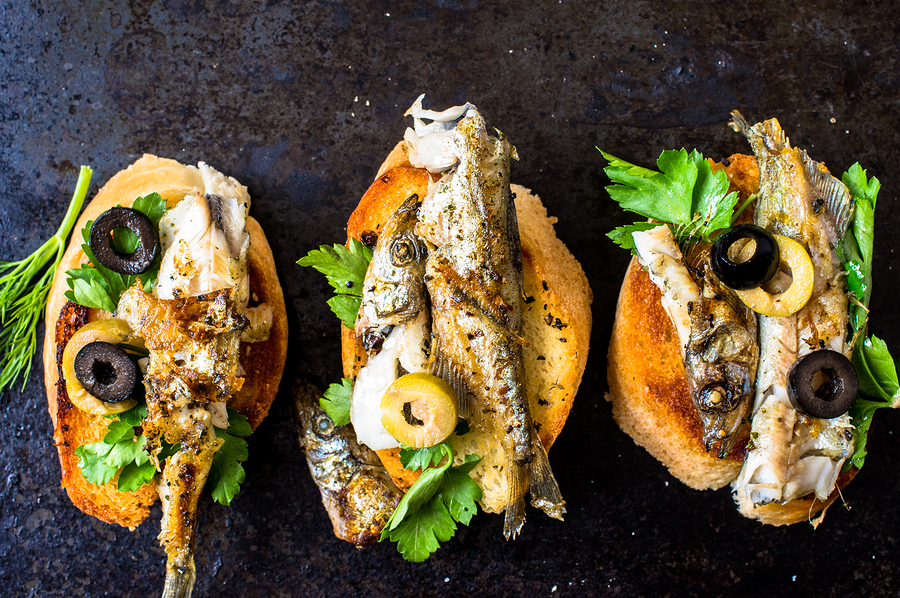
Photo credit: bigstock.com
7. Sardines
They are small, silver, and super oily. To top it all off, they are really good for you! What are we talking about? Sardines! Typically sold in cans, sardines can also be smoked, pickled, or grilled when you get them fresh. Rich in both DHA and EPA, these essential omega-3 fatty acids have been linked in numerous studies to a lower rate of heart disease and inflammation.
Just 3.75 ounces has more than half of your recommended daily amount for these essential fatty acids. You can also get more than 300 percent of what you need for vitamin B12. Sardines are also a great source of calcium! Order that pizza with anchovies and feel good about it!
Continue to Page 9
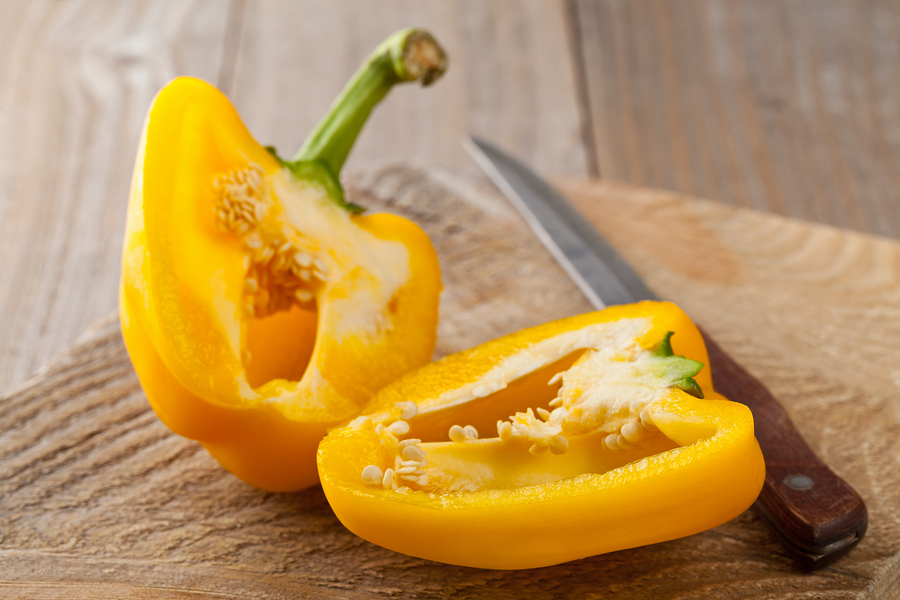
Photo credit: bigstock.com
8. Yellow Bell Peppers
Most people don’t think of vegetables as being good sources of vitamin C, but yellow bell peppers are an exception to the rule. As we mentioned before, vitamin C is a water soluble vitamin, so it is important that you get some of this vitamin every day.
In the old days, a deficiency in vitamin C was quite common. This disease is called scurvy, but it is very rare today. A diet high in vitamin C has been linked to an improved immune system, a decreased risk of several chronic diseases, and a reduced risk of DNA damage.
One yellow bell pepper has about 600 percent of your 75 to 90 mgs of vitamin C that you need every day. This is 3 to 4 times the amount of vitamin C found in one orange.
Continue to Page 10
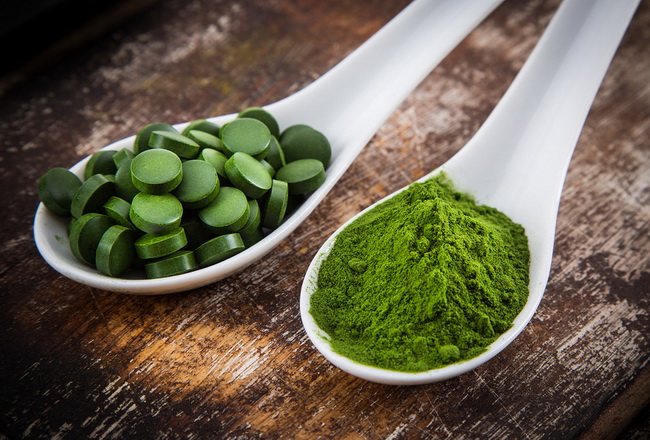
Photo credit: bigstock.com
9. Spirulina
This is an algae that is super high in protein. For many people who don’t consume meat, finding foods that contain enough protein can be hard. Spirulina is an ancient super food that was been consumed by the ancient Aztecs and the people of Africa for many thousands of years.
READ ALSO: 13 Vitamins Every Woman Needs (#9 Is So Hard To Get!)
Spirulina is 50 to 70 percent protein by weight and contains all of the essential amino acids and 10 of the 12 non-essential amino acids.
Continue to Page 11
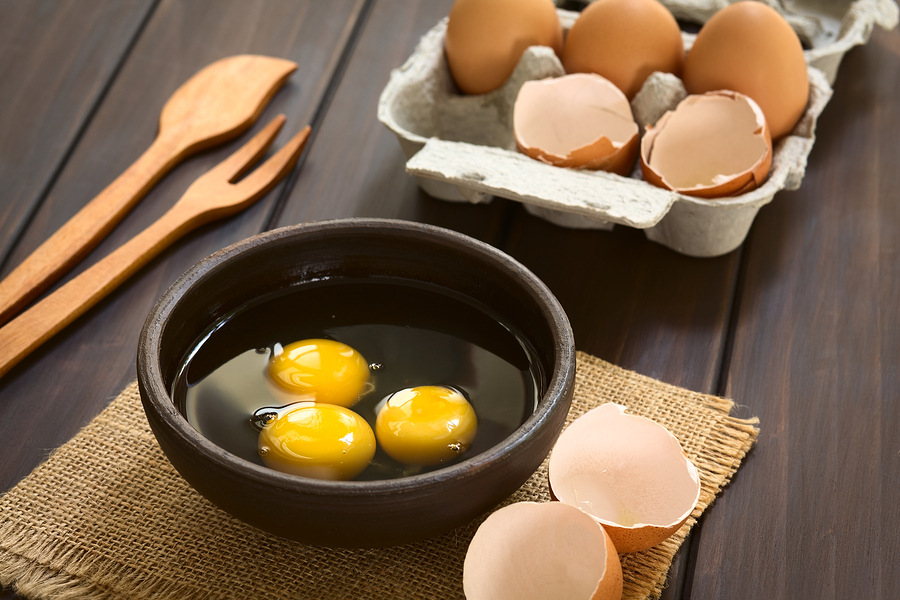
Photo credit: bigstock.com
10. Eggs
If you have been avoiding eggs because you thought that they would raise your cholesterol, it’s time for you to enjoy them once more! More advanced studies have found that eggs do not raise your blood cholesterol. Eggs are loaded with B vitamins and vitamin D. They also have lesser amounts of omega-3 fatty acids, folates, selenium, and zinc, all of which are usually found in multivitamins. Now you can enjoy a couple eggs for breakfast or boil them and add them to your lunchtime salad. No matter how you look at it, eggs really are wonderful. For the best nutrition, buy free range, organic eggs. These eggs have much higher levels of vitamins and omega-3s than regular eggs and are worth the extra money.
References:
































